Peanut Oil
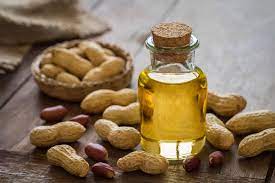
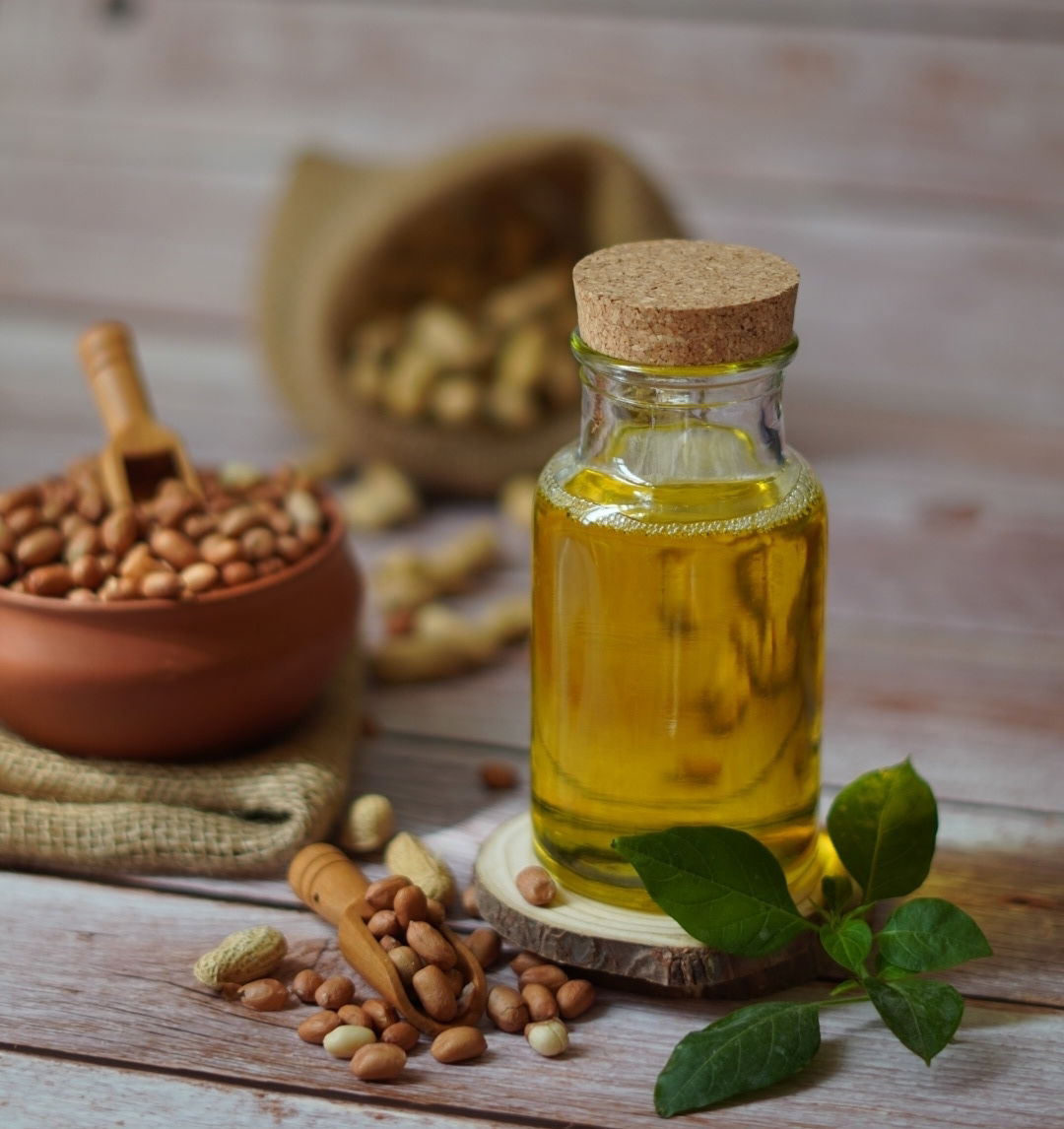 | 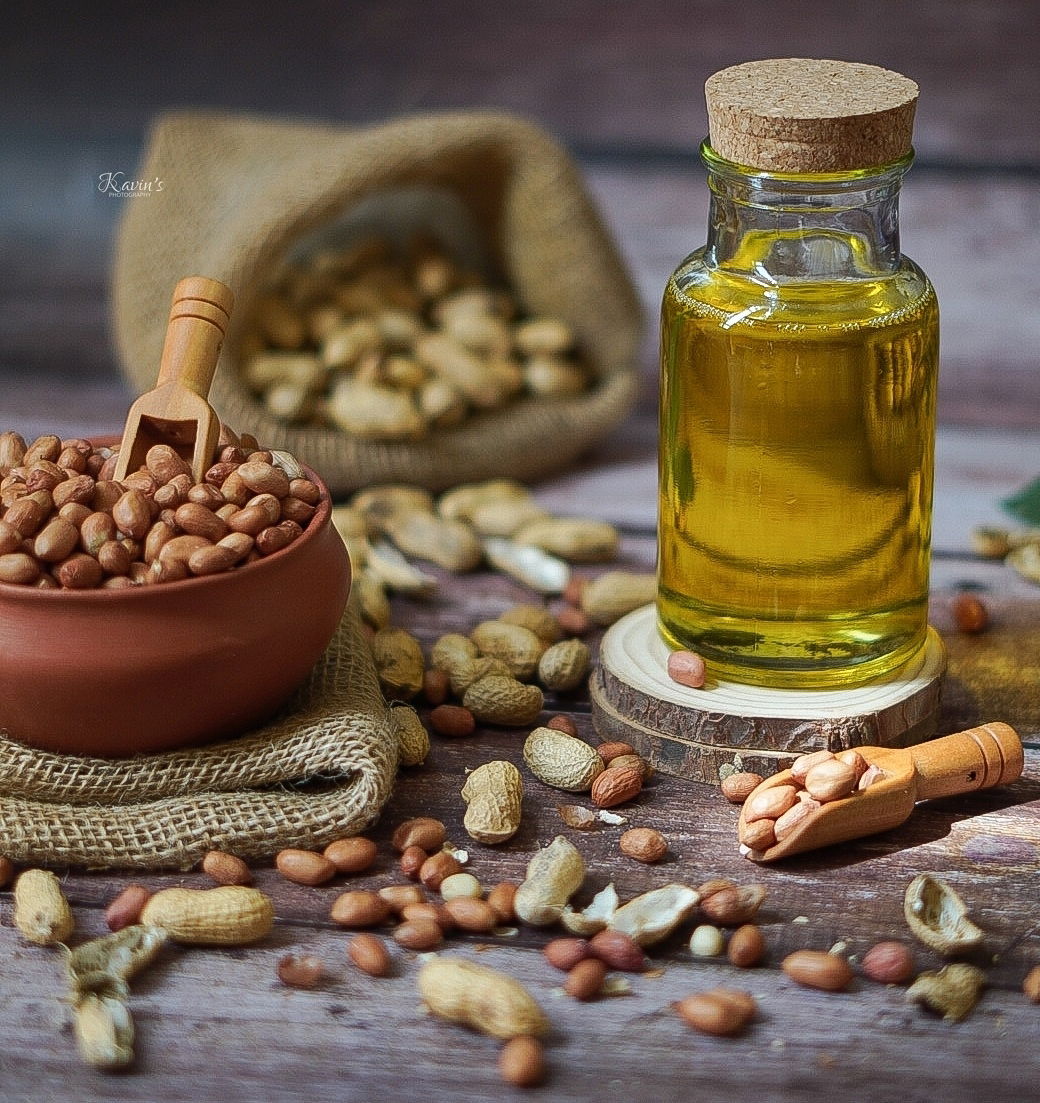 | 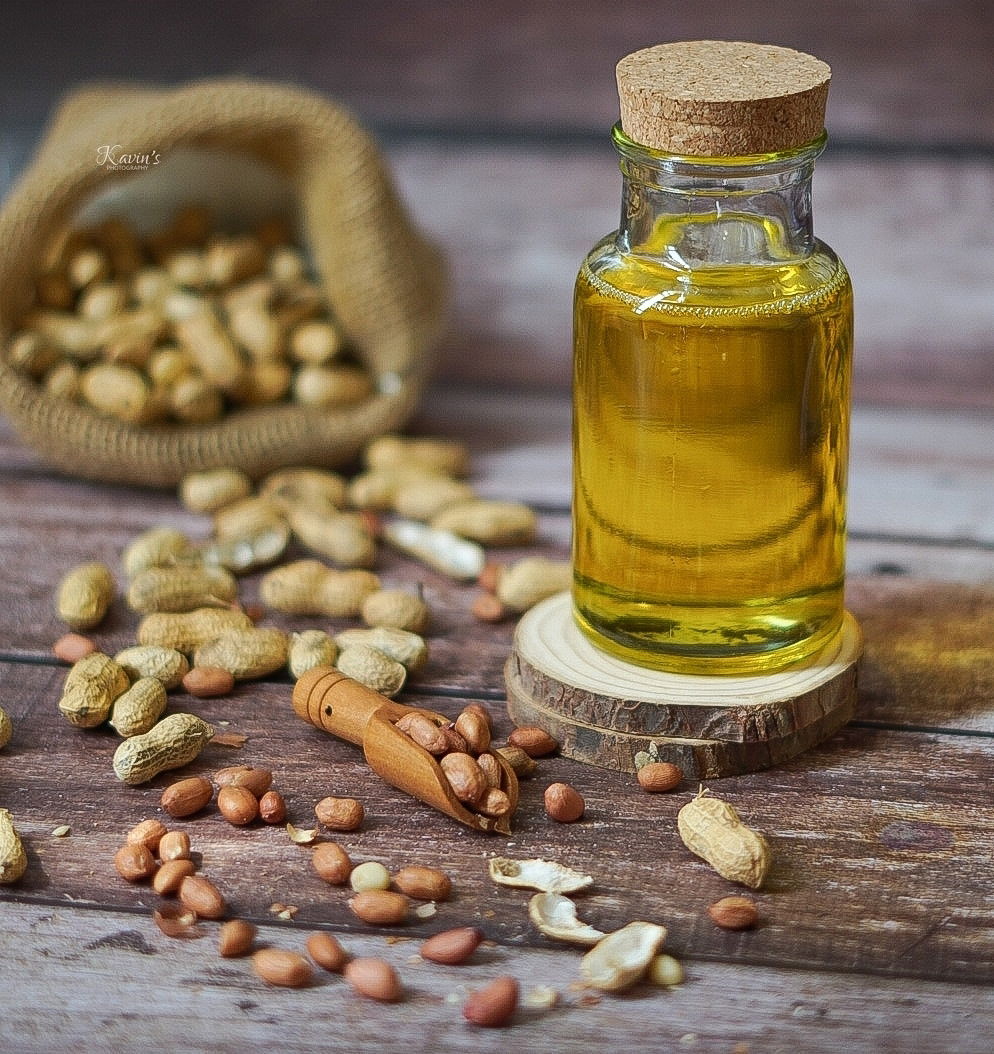 |
Other uses
Orally, peanut oil is used to lower cholesterol and prevent heart disease. It is also used orally to aid in weight loss and decrease appetite, and to help prevent cancer. Topically, peanut oil is used for arthritis and joint pain, scalp crusting and scaling without hair loss, dry skin, eczema, and ichthyosis (non-inflammatory skin disorders that cause scaling). Rectally, peanut oil is used in ointments and medicinal oils for treating constipation. It is also used as a vehicle for external, enteral, and parenteral pharmaceutical formulations. Eating peanuts just two or more times each week was associated with a 58% lowered risk of colon cancer in women and a 27% lowered risk in men. In manufacturing, peanut oil is used in skin care products and baby care products.
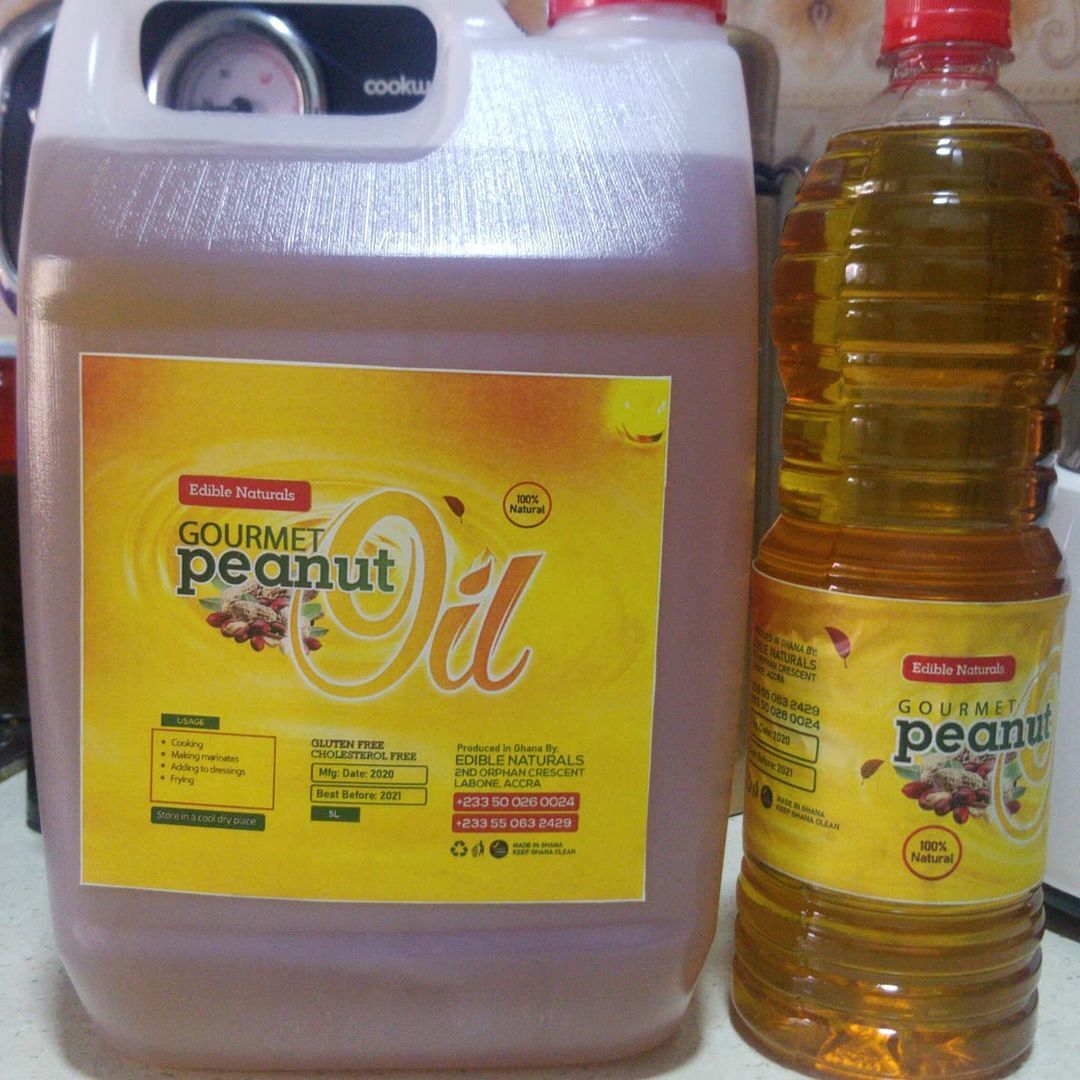 | About Peanut OilPerhaps the most interesting thing about the peanut is that it isnt a nut at all. Its actually a legume, in the same family as lentils, peas and beans.They are also known as groundnuts because after the pea-like flowers wither, the stem pushes underground and buries the developing peanuts.These super pint-sized nuts are a very good source of monounsaturated fats, the type of fat that is emphasized in the heart-healthy Mediterranean diet.Studies of diets with a special emphasis on these nuts have shown that this little legume is a big ally for a healthy heart.In addition to their monounsaturated fat content, they feature an array of other nutrients that, in numerous studies, have been shown to promote heart health.They're also good sources of vitamin-E, niacin, folate, protein and manganese.Not only do peanuts contain oleic acid, the healthful fat found in olive oil, but new research shows these tasty legumes are also as rich in antioxidants as many fruits.While unable to boast an antioxidant content that can compare with the fruits highest in antioxidants, such as pomegranate, the roasted variety do rival the antioxidant content of blackberries and strawberries, and are far richer in antioxidants than apples, carrots or beets. |
 |  | 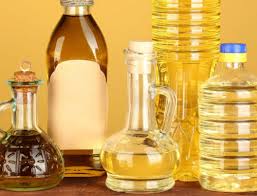 |  |


